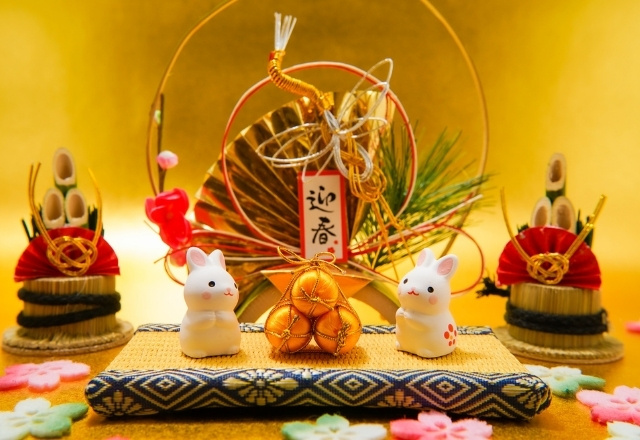Navigating medical emergencies while living or traveling in Japan can feel overwhelming, especially if you’re unfamiliar with the language or healthcare system. Whether you experience sudden illness, burns, or severe pain, this guide will help you understand how to respond, who to call, and what documents to carry to ensure prompt, affordable treatment.
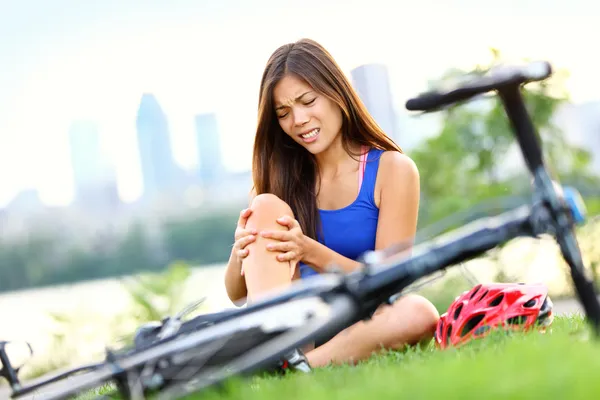
In Case of Emergency: Who to Call
Dial 119 for Medical Emergencies
If you are in a life-threatening situation, such as a heart attack, stroke, or serious injury, dial 119. This number connects you to emergency services, including both ambulance and fire departments.
- Ambulance rides are free in Japan.
- Operators may speak basic English, or they can connect you with an interpreter.
- Be ready to clearly explain your location and nature of the emergency. If possible, ask a Japanese speaker for help.
Dial 7119 for Medical Consultation (Available in Tokyo, Osaka, etc.)
In certain regions like Tokyo or Osaka, calling #7119 connects you to a medical advice hotline. This is ideal for:
- Determining if your condition requires an ambulance.
- Getting advice on local hospitals or clinics.
- Accessing English-speaking support through interpretation services.
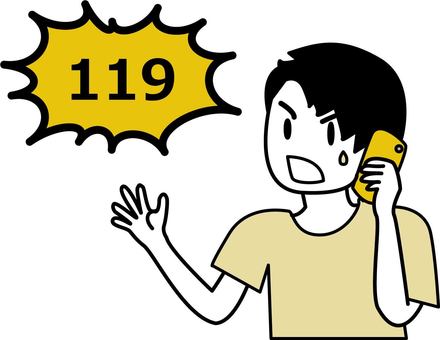
What to Prepare Before Going to the Hospital
Always Carry:
- Your Japanese Health Insurance Card (or travel insurance proof)
- Your Residence Card or Passport
- Emergency Contact Info (ideally in Japanese and English)
- List of Allergies or Medications (especially important if you don’t speak Japanese fluently)
These documents will speed up your admission process and help staff understand your medical history.
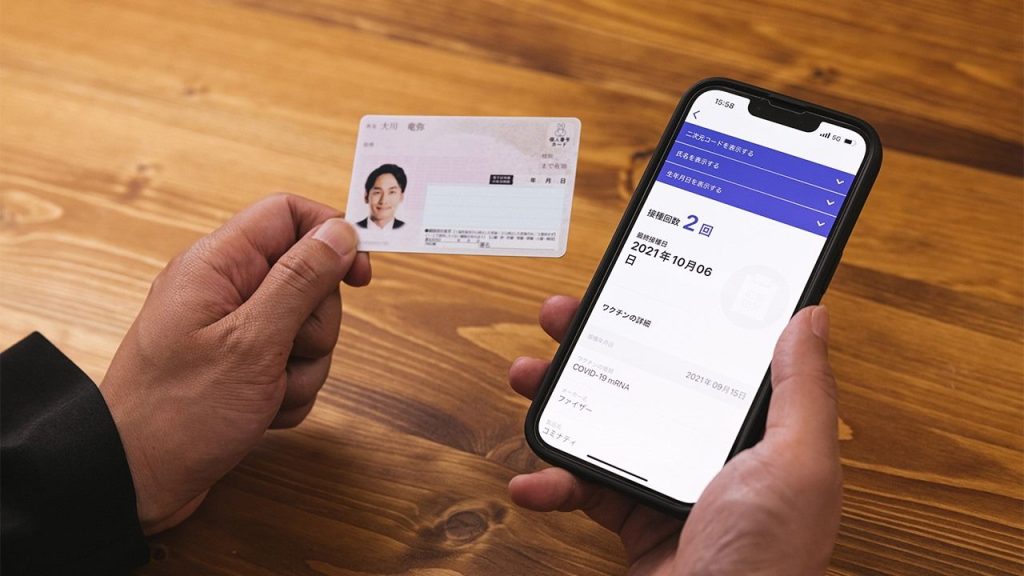
Arriving at the Hospital
By Ambulance 🚑
When you arrive by ambulance, EMTs will transport you to the nearest hospital equipped to treat your condition. This is often more effective than showing up on your own, as hospitals in Japan can turn away walk-in patients if they are full or unequipped.
Walk-in Patients 🚶♂️
For non-emergencies (such as a lingering cough or minor injury), visit a local clinic or general hospital. Be prepared for limited English in smaller facilities. Use resources like:
- Japan Healthcare Info (JHI) japanhealthinfo.com – Offers English-speaking support and help with finding appropriate care.
- Himawari Tokyo Health Service www.himawari.metro.tokyo.jp – Helps locate English-speaking doctors in Tokyo.
Understanding Healthcare Costs in Japan
- Ambulance Ride: Free
- Typical Clinic Visit: ¥1,000–¥3,000 (with insurance)
- Hospital Admission: ¥5,000–¥10,000/day (shared room, including meals)
- Medication: Often dispensed at separate pharmacies (bring your prescription slip)
High-Cost Medical Expense Subsidy
If your monthly or quarterly bills are high, apply for a “high-cost medical expense benefit” (高額療養費制度) at your city office. This allows for reimbursement or cost reduction, depending on your income level.
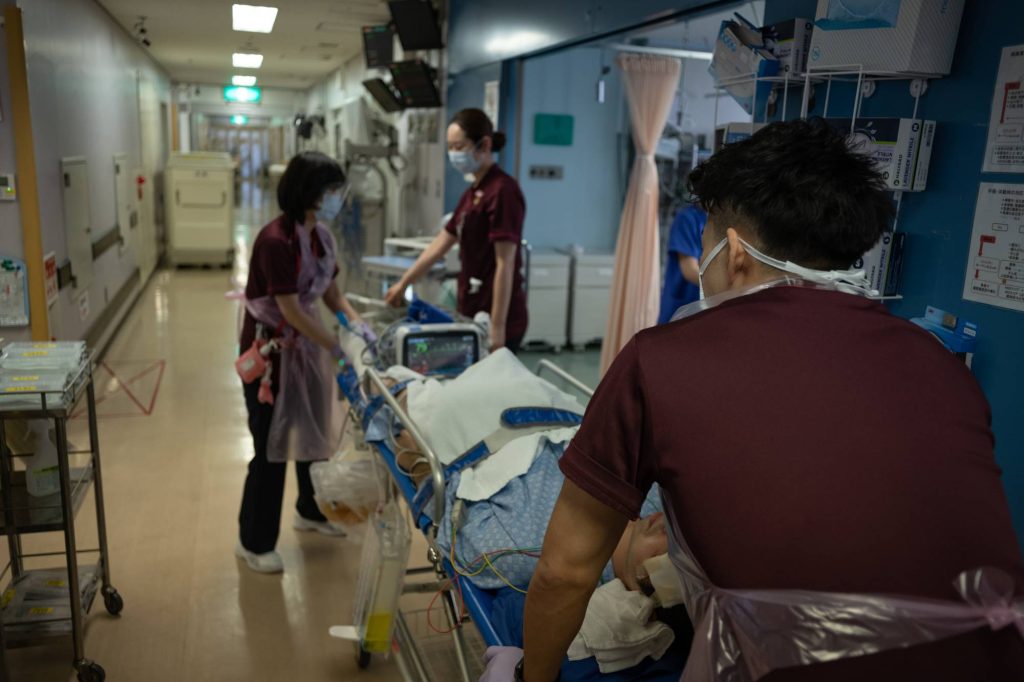
Specific Health Issues
- Burns – For burns, it is crucial to seek immediate medical attention. EMTs will likely take you to the nearest hospital capable of treating burns. – Ensure the burn area is clean and avoid applying any creams or oils until advised by a medical professional.
- Severe Pain – Severe pain, especially if sudden and intense, warrants immediate medical attention. Do not attempt to drive yourself to the hospital; call an ambulance instead.
- Other Health Issues – For less severe issues, visiting a local clinic or hospital is advisable. Always bring your health insurance card to ensure you receive the subsidized rate.
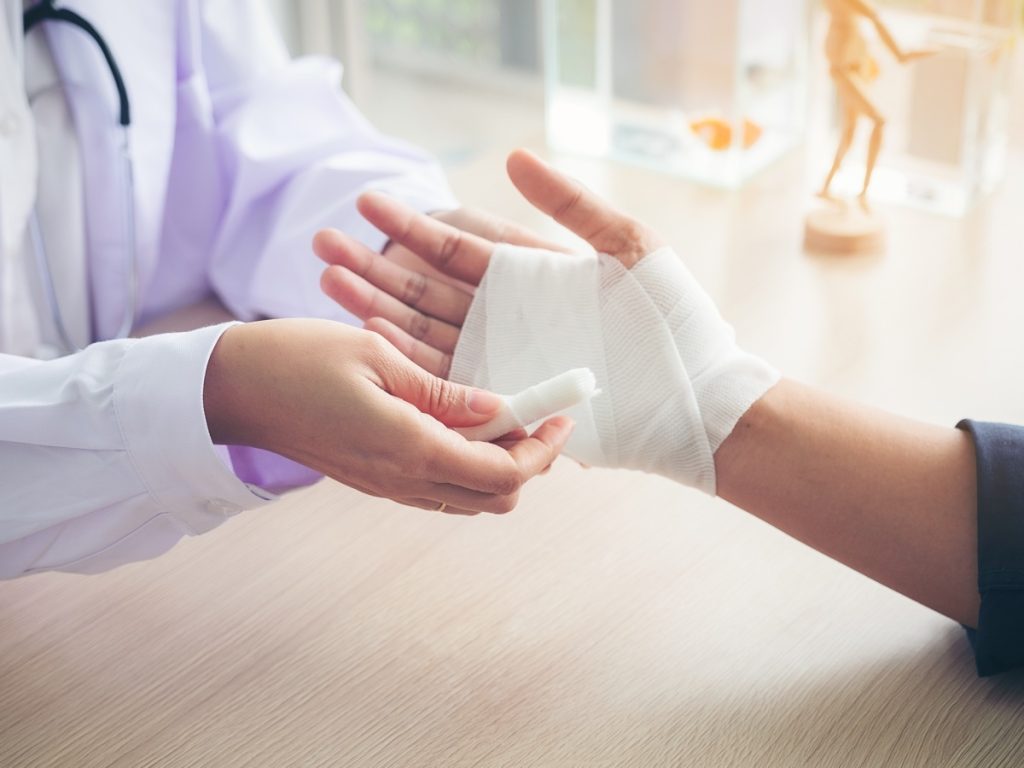
Long-Term Stay Considerations
- Room Preferences – For extended hospital stays, opt for a shared room to keep costs low. Private rooms are available but can be significantly more expensive.
- Cost Management – If your quarterly medical expenses exceed a certain amount, you can apply for a reduction at the city office. This ensures you are not burdened by high medical costs.
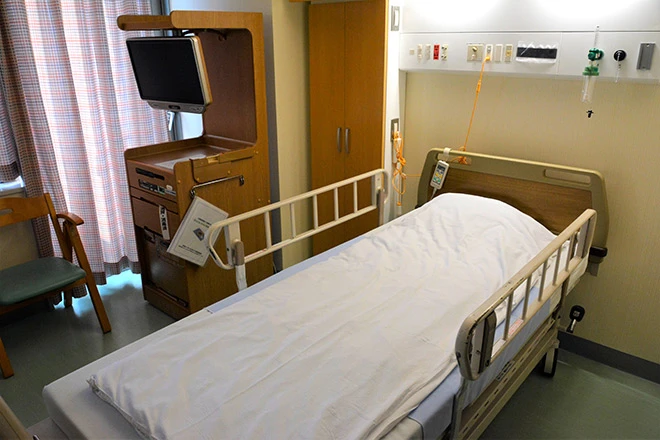
Tips for Tourists and New Residents
- Download the Japan Official Travel App – It includes emergency services, nearest hospitals, and multilingual support.
- Know Your Nearest Hospital – Check ahead of time where you can find 24-hour emergency services near your hotel or apartment.
- Set Emergency Contacts on Your Phone – Many phones allow you to list medical details and ICE (In Case of Emergency) contacts even on lock screens.
Understanding how to handle emergency medical situations in Japan can alleviate stress and ensure you receive timely and appropriate care. Always carry your health insurance card, follow the steps outlined above, and rely on the local emergency services for assistance. With these precautions, you can navigate medical emergencies in Japan more confidently and effectively.
💡 Planning to Study in Japan? Be Health-Ready Before You Arrive!
Living abroad is exciting, but your well-being comes first. At Coto School Finder, we not only help you find the best Japanese language schools with visa support, we also guide you through essential topics like healthcare, insurance, and adjusting to life in Japan.
Get matched with a school that fits your goals, and arrive prepared.
👉 Start your journey with Coto School Finder – 100% free support, no agent fees!
How do I find an English-speaking doctor in Japan?
You can find English-speaking doctors through online directories, expat community resources, or by asking for recommendations at local embassies and consulates.
Can tourists access emergency medical services in Japan?
Yes, tourists can access emergency medical services. Ensure you have travel insurance that covers medical emergencies, and carry your passport for identification.
What should I do if I need medication urgently?
If you need medication urgently, visit the nearest hospital or clinic. Pharmacies (薬局, yakkyoku) are also available for non-prescription medication and can offer advice.
Are there 24-hour clinics or hospitals in Japan?
Yes, many hospitals have 24-hour emergency departments. Some clinics also offer extended hours. It’s useful to know the locations of these facilities in advance.
What should I do if I lose my health insurance card?
In an emergency, you will still receive treatment, but you may be charged the full cost. Report the loss to your insurance provider immediately and apply for a replacement.
Can I get medical advice over the phone in English?
Yes, by calling 119, you can request an English-speaking operator. Additionally, some regions offer a medical advice hotline (like 7119) with English assistance.
How do I pay for medical services if I don’t have cash?
Most hospitals and clinics accept credit cards. It’s advisable to check payment methods in advance, especially if you’re in a rural area.
What are the common emergency procedures in Japanese hospitals?
Common emergency procedures include triage to assess the urgency of your condition, immediate stabilization, and appropriate treatment or transfer to specialized care if needed.
Can I refuse treatment in Japan if I don’t feel comfortable?
Yes, you have the right to refuse treatment. However, it’s important to communicate your concerns clearly, preferably with the help of an interpreter if language is a barrier.
Are there any cultural considerations I should be aware of in Japanese hospitals?
Japanese hospitals may have different practices regarding patient privacy, consent, and family involvement in care decisions. Being respectful and open to these differences can help ensure a smoother experience.




